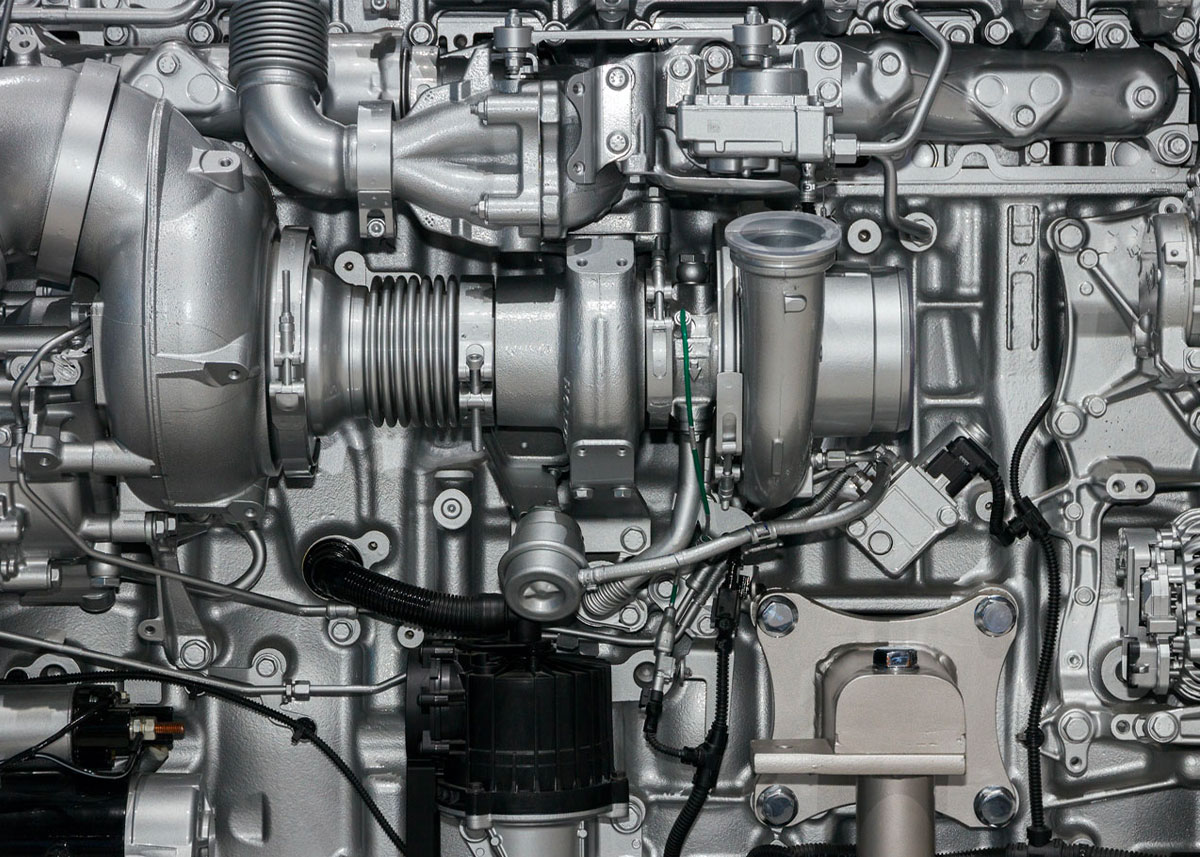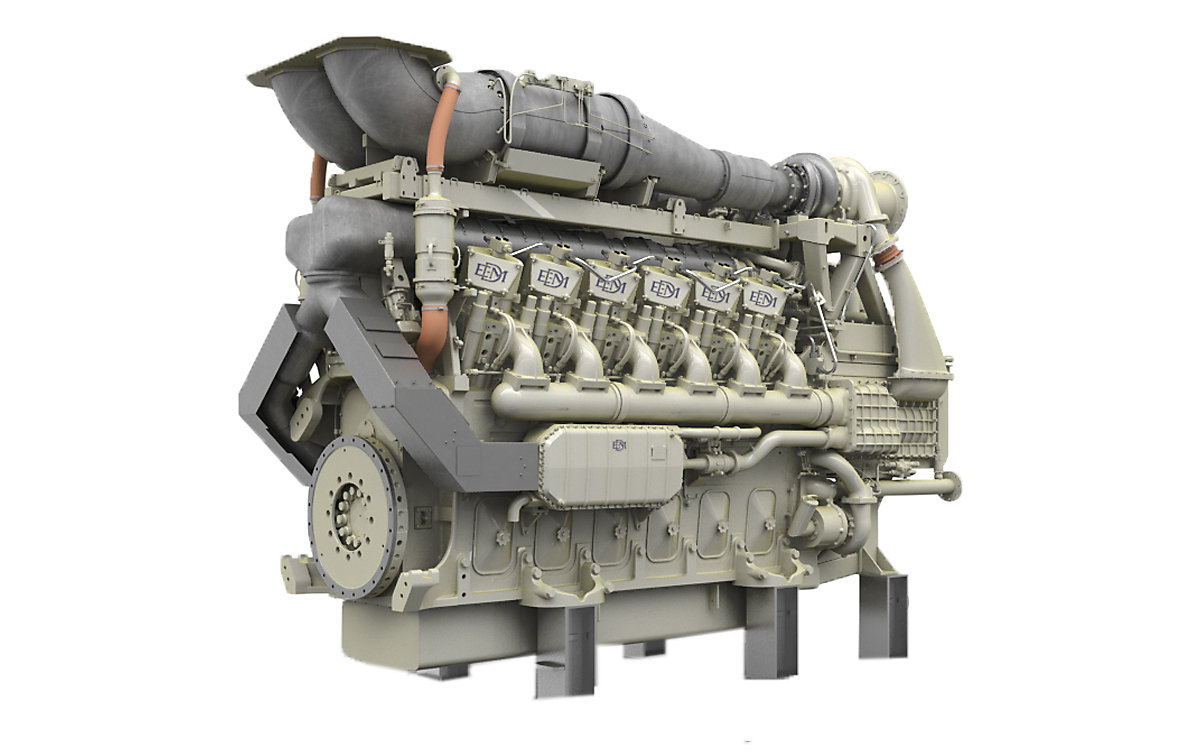Making Sure Long-Term Performance with Engines For Africa Products
Making Sure Long-Term Performance with Engines For Africa Products
Blog Article
Explore a Vast Array of Engines for each Lorry and Function
The auto landscape is significantly complex, with a diverse selection of engine kinds created to meet details performance and performance demands across various vehicle categories. Furthermore, durable engines serve the demands of work vehicles, while environmentally friendly options are getting grip in the search of lasting transportation.
Types of Automotive Engines
Automotive engines can be categorized right into a number of unique kinds, each designed to satisfy specific efficiency and performance needs. The most usual categories consist of interior combustion engines, electrical engines, and hybrid systems.

Electric engines, on the other hand, run on electrical power saved in batteries, supplying instantaneous torque and no discharges. These engines are ending up being significantly popular because of improvements in battery innovation and the growing focus on sustainability.
Crossbreed systems incorporate both internal combustion and electrical engines, enabling automobiles to optimize fuel efficiency and lower exhausts by flawlessly switching between power sources. Each engine type presents its negative aspects and benefits, influencing aspects such as automobile layout, intended use, and market need. When picking the appropriate engine for their certain needs., understanding these distinctions is essential for consumers and makers alike.
Efficiency Engines for Sports Cars
Efficiency engines for sports cars are particularly engineered to supply improved agility, speed, and power, setting them aside from common vehicle engines. These engines often make use of advanced modern technologies such as turbocharging, supercharging, and variable shutoff timing to maximize efficiency and responsiveness.
Generally, performance engines are developed with higher compression ratios, which permit greater energy removal from fuel. This results in excellent horsepower and torque numbers, making it possible for rapid acceleration and greater full throttle. Moreover, the lightweight materials used in these engines, such as aluminum and carbon fiber, add to reduced general vehicle weight, enhancing handling and ability to move.
Engine setups like V6, V8, and even hybrid systems are common in performance cars, each offering one-of-a-kind benefits in regards to power distribution and driving dynamics. The tuning of these engines is also vital; numerous suppliers optimize the engine monitoring systems to provide an exhilarating driving experience, often including sporting activity settings that change throttle response and equipment changes.
Effective Engines for Daily Commuters
In the realm of everyday commuting, reliable engines play an essential duty in maximizing fuel economic climate and decreasing exhausts while offering trusted efficiency. As city populaces expand and ecological problems increase, the need for automobiles furnished with effective powertrains has actually risen.
Modern engines designed for daily commuters usually include modern technologies such as turbocharging, straight gas shot, and hybrid systems. Turbocharging enhances engine effectiveness by compeling more air right into the combustion chamber, allowing for smaller sized, lighter engines that do not jeopardize power output. Direct fuel injection boosts gas atomization, resulting in far better burning and boosted performance.
Hybrid engines, combining inner combustion with electric power, further increase gas economic situation, especially in stop-and-go web traffic, where typical engines can experience inadequacies. Electric motors assist during velocity and can operate separately at reduced speeds, minimizing total fuel consumption.
Additionally, next page advancements in engine monitoring systems and light-weight materials add dramatically to efficient engine style. By focusing on performance, resilience, and ecological sustainability, manufacturers proceed to supply engines that not just satisfy the demands of daily travelling yet also align with international initiatives to decrease carbon footprints.
Heavy-Duty Engines for Work Cars
Heavy-duty engines for work lorries are routinely engineered to deliver phenomenal torque and integrity under demanding problems. These engines are developed to perform in environments where standard engines might falter, such as construction sites, logging operations, and agricultural settings. The main emphasis of heavy-duty engines is their ability to produce high degrees of power while preserving longevity over expanded durations of procedure.
Usually, durable engines make use of advanced products and robust building methods to stand up to the rigors of heavy work. Attributes such as reinforced cyndrical tube blocks, improved air conditioning systems, and progressed fuel injection modern technologies add to their performance. These engines commonly run at reduced RPMs, which aids to enhance gas efficiency while providing the needed power for hauling and hauling.
In addition to next mechanical robustness, durable engines are commonly furnished with advanced digital control devices (ECUs) that manage efficiency, discharges, and diagnostics. This assimilation enables much better monitoring and maintenance, ensuring that job automobiles continue to be efficient and functional.
Eventually, sturdy engines are a vital component in the productivity of various sectors, offering the essential power and integrity to tackle the hardest of jobs.
Eco-Friendly Engine Options
The expanding emphasis on sustainability has actually caused the growth of environmentally friendly engine options that prioritize lowered exhausts and enhanced fuel effectiveness. These engines are designed to reduce the ecological effect of automobiles while still providing the efficiency and integrity anticipated by consumers.
Among the most significant environment-friendly alternatives are hybrid and electrical engines. Crossbreed engines integrate typical inner burning engines with electric propulsion, allowing for lowered gas intake and reduced greenhouse gas emissions. Electric engines, on the various other hand, operate entirely on battery power, generating no tailpipe exhausts and adding to cleaner air quality.
Another promising development is the advancement of biofuel engines, which utilize renewable energies, such as plant products, to power automobiles (Engines For Africa). By using biofuels, these engines can decrease dependency on fossil fuels and lower general carbon impacts

As the vehicle industry advances, environmentally friendly engine choices will certainly play a crucial duty in driving the change in the direction of more sustainable transportation solutions.
Conclusion
From high-performance engines that boost sports cars and truck abilities to effective versions prioritizing fuel economic situation for daily travelers, each type read more offers a details feature. Sturdy engines provide to durable job vehicles, while green choices, such as electrical and biofuel engines, advertise sustainable transport.

Report this page